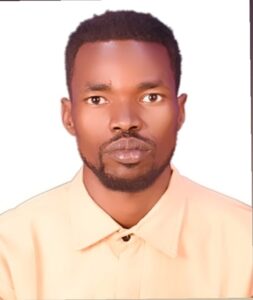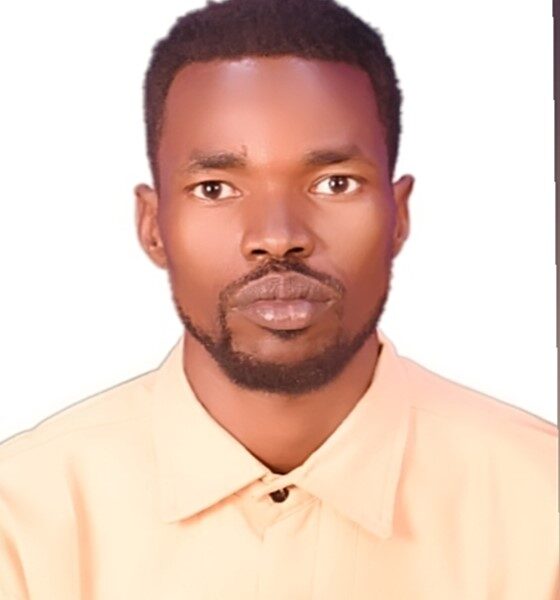
If Dr John was alive today, what would he say ?
Would he walk through the streets with quiet disappointment, or would he still speak with the bold conviction of a visionary ?
Would he be proud of what has been built, or would he ask with deep concern why so much of what was fought for remains unfinished ?
Dr John was more than a leader. He was a symbol of struggle, a voice of resistance, and a bearer of dreams.
He did not only fight a war; he fought for a future one marked by unity, equality, and purpose.
He imagined a nation where dignity was not a privilege but a right, where diversity was strength, not a threat.
He believed in a country that could rise from ashes. A country that would define itself not by its wounds, but by its will to heal.
And so, we ask again: If he were alive, what would he see ?
Would he see a country that has lived up to the ideals he carried ?
A place where justice is served, not delayed ? Where leaders are servants, not masters? Where tribal lines do not divide national identity, and where young people have more opportunities than obstacles ?
Or would he see a nation still held back by power struggles, distrust, and unfulfilled promises ?
Today, the country he envisioned stands sovereign, independent but fragile.
The flag is raised, but the people still wait.
They wait for stable schools, functional hospitals, roads that lead somewhere, and politics that puts people first.
They wait for the future they were promised when independence was declared the same future he dreamed of long before the world believed it was possible.
And still, in dusty classrooms and quiet fields, in refugee camps and crowded towns, his name is remembered.
Not just as a hero of the past, but as a reminder of what could still be.
Because if Dr John was alive, perhaps things would be different.
Perhaps the culture of leadership would reflect his discipline, his intellect, his ability to speak across lines and listen through silence. Perhaps his presence would remind others that leadership is not about personal gain, but public responsibility.
But Dr John is not here.
The question now is not just what he would say but what we are doing in his absence.
Are we honoring his vision or drifting from it ?
Are we building, or simply surviving ?
The burden of legacy is heavy.
It does not rest on one man’s shoulders forever.
It passes to those who remain those who claim to lead, and those who strive to live with dignity each day.
If Dr John was alive, perhaps he would smile at the resilience of the people, and mourn the delay of the dream.
But perhaps, more than anything, he would say:
The struggle is not over.
The future is still yours to shape.”
The writer is a South Sudanese citizen and can be reached on dengolesmo5@gmail.com



